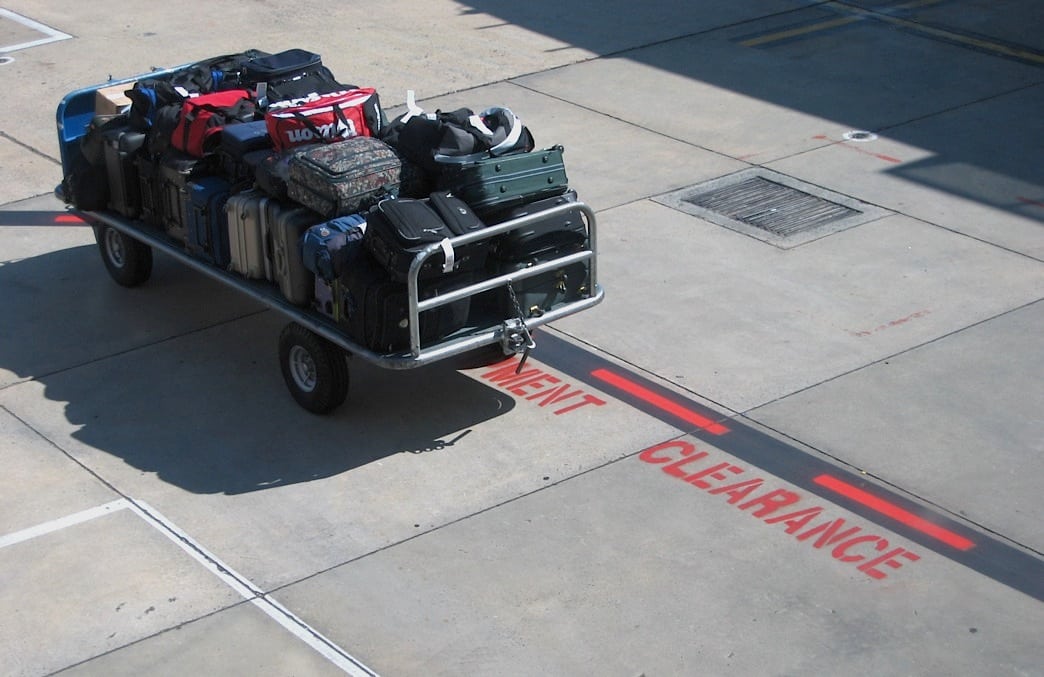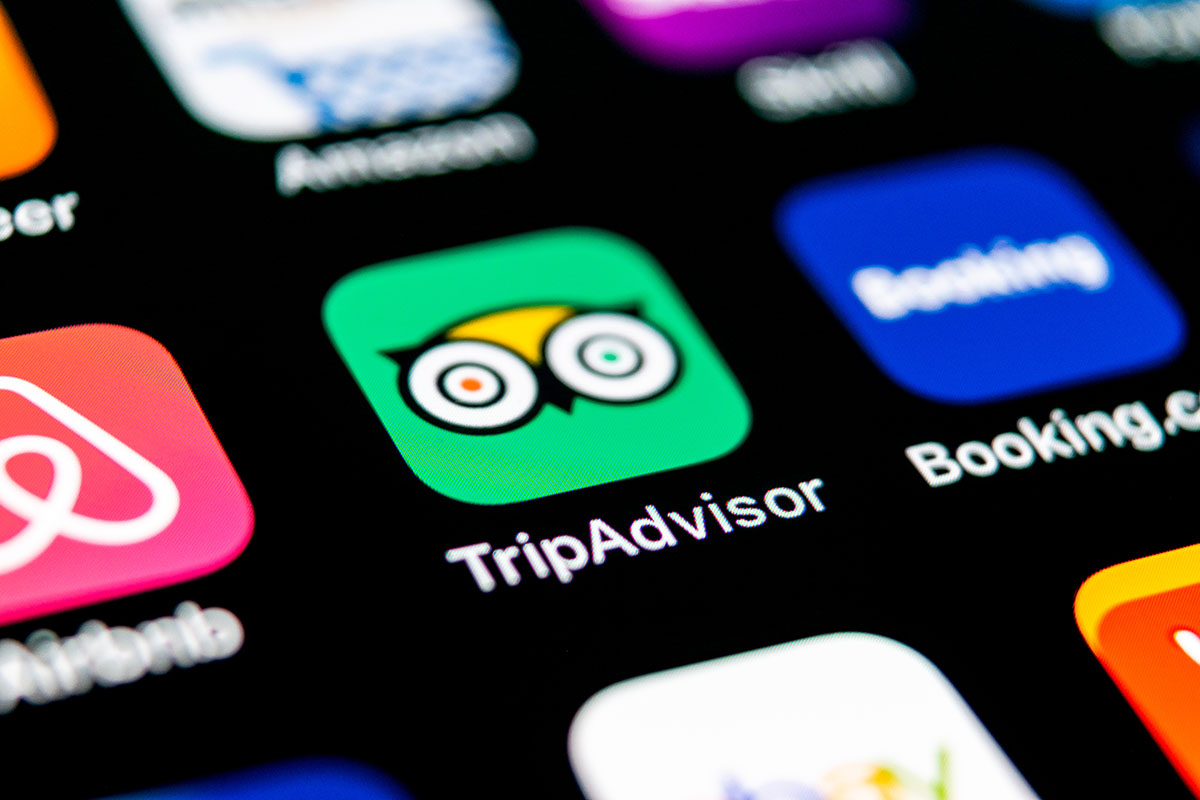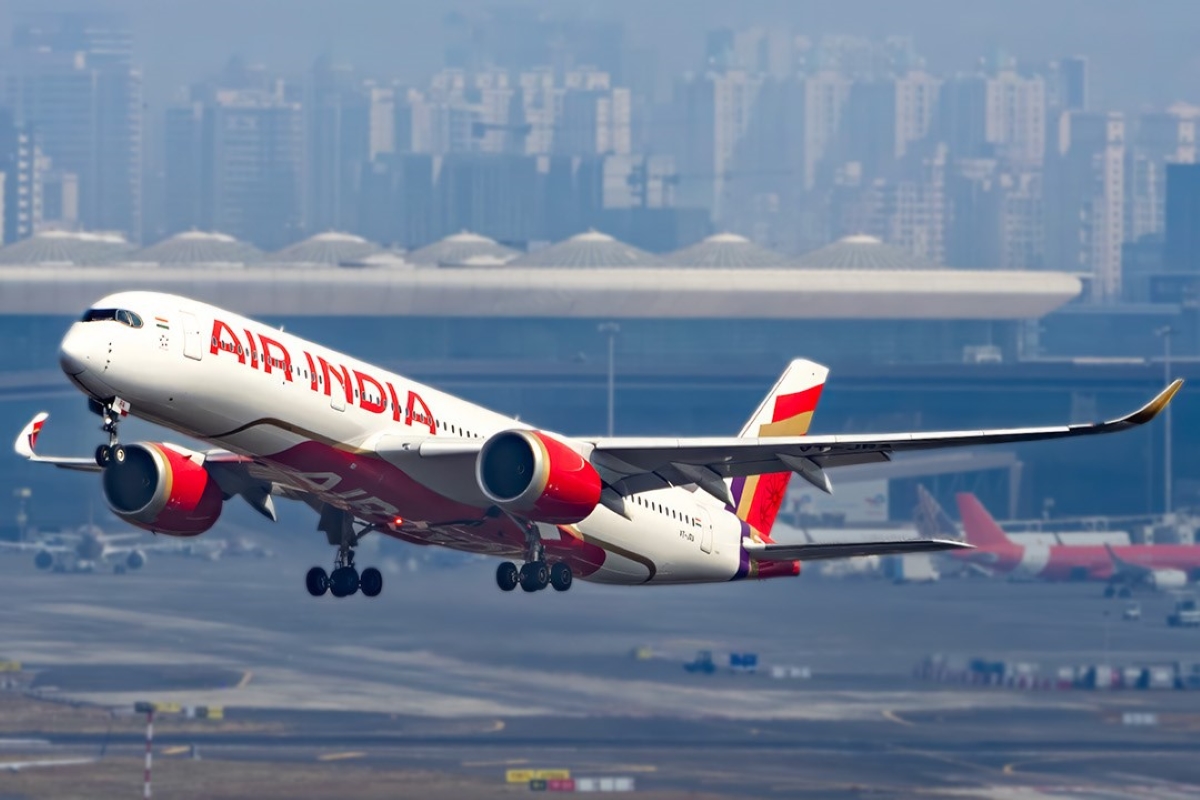U.S. airlines lose bag-fee monopoly as extra costs spread to Europe and India

Skift Take
Whether you are an airline that loves bag fees or a not-so-frequent flyer who likely hates them, this much is clear: Checked bag fees are spreading from the U.S. to Europe and India.
For the past five years U.S. airlines were the biggest checked-bag fee proponents, along with European low cost carriers such as Ryanair and easyJet, and major European and Asian airlines could sniff that they wouldn’t go there.
But, in 2013 Air France, KLM and British Airways introduced various bag fees within Europe, and India last month cleared the way for their introduction, as well.
Indian airlines such as Air India and Jet Airways, though, will be barred from charging dynamic fees, IdeaWorks states, meaning that will have to be up-front about their fixed fees.
These developments are viewed as great news by IdeaWorks Co., which traced the developments in its latest report on airline ancillary revenue, and looks to ancillary revenue as a lifeline for the world’s airlines.
“It’s rather like green shoots poking through a melting blanket of snow,” the report waxes poetically.
In the U.S., IdeaWorks notes, the 10 largest U.S. airlines have seen their checked bag fees increase 5% in 2012 to $3.3 billion, compared with 2011.
Fewer bags to check means there is less luggage for airlines to lose, and the percentage of mishandled bag complaints per 1,000 passengers has been declining.
Mishandled baggage reports per 1,000 passengers
| 2007 | 2008 | 2009 | 2010 | 2011 | 2012* |
|---|---|---|---|---|---|
| 7.03 | 5.26 | 3.91 | 3.58 | 3.39 | 2.97 |
2012 reports are for the first six months of the year
Source: IdeaWorks, U.S. DOT
Oh, there are dire lessons to be learned in the process, though, and if airlines don’t heed them, there is likely to be passenger rebellion, a media onslaught, and possibly congressional intervention, the report implies.
In fact, here’s IdeaWorks’ blueprint for checked-bag fee introduction:
- “When bag fees are implemented, allow baggage operations to take a profit center approach.
- “Reinvest a portion of new revenue back into the business to improve service.
- “Don’t just introduce a fee – create a new service.
- “Introduce customer focused quality measures or tighten existing service criteria.
- “Create online baggage pricing to facilitate special rates for elite travelers and class of service (see the Baggage Allowance Calculator at the Emirates website).
- “Test understanding of new policies with frontline employees and everyday consumers before announcing.
- “Write press releases to explain a new policy and avoid the temptation to bundle too many announcements into a single event.
- “Avoid layers of complexity as they will be misunderstood by regulators, media, and consumers. Failure here leads to unnecessary regulations, negative coverage, and lost revenue.”
IdeaWorks’ hero in bag-fee introductions is Alaska Airlines, which not only introduced a checked-bag fee in 2009, but also introduced a guarantee that passengers would receive their bags within 25 minutes of the airline’s arrival at the gate.
The villain in IdeaWorks’ learnings is Frontier Airlines. Frontier messed up — not because it introduced a carry-on bag fee of $25 to $100 when its Basic fares are booked through third parties — but because it is a complicated policy and wasn’t explained clearly.
No worries, though.
IdeaWorks estimates that carry-on bag fee pioneer Spirit Airlines generated $50 million in carry-on fees in 2011. Allegiant charges carry-on fees, as well, meaning there are three U.S. airlines now in this carry-on column.
Barring a consumer rebellion, it’s only a matter of time before Europe and Asia get carried away and get in the carry-on act, as well. They already are beginning to get enthusiastic about checked-bag fees.





